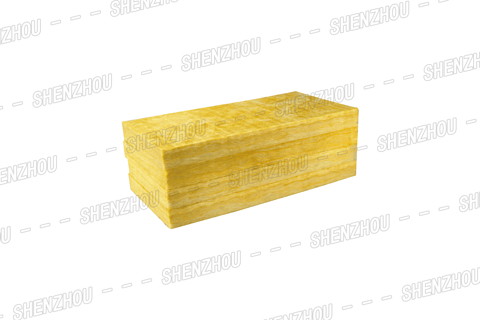
Is rock wool better for external wall insulation or extruded plastic board
6/5/20245 min read

Regarding the selection of external wall insulation materials, rock wool and extruded plastic panels are common options in the market. However, which one is better actually depends on the specific application scenario and requirements. This article will explore in detail the advantages and disadvantages of rock wool and extruded plastic panels in external wall insulation, in order to help readers make wise choices.
Firstly, let's take a look at the advantages of rock wool exterior wall insulation. Rock wool is known for its excellent thermal insulation performance. Due to the large number of pores inside the rock wool, its thermal conductivity is low, which can effectively isolate the temperature difference inside and outside the wall, thereby maintaining the stability of indoor temperature. In addition, rock wool also has good sound absorption performance, which can effectively absorb noise inside and outside the wall, reduce indoor noise pollution, and improve living quality. At the same time, rock wool material is durable, with a strong and sturdy surface, strong load-bearing capacity, and extremely strong wind and impact resistance. It can maintain its stability even in harsh natural environments.
Categories
Popular
Applications of Glass Wool Board:
Interior Wall Compartments:
Enhances the functionality and aesthetics of interior spaces.
Ceiling Systems:
Provides effective insulation for ceilings, contributing to energy efficiency.
Insulation of Iron Sheet Air Ducts or Bellows:
Ideal for insulating ductwork, ensuring thermal efficiency.
Sound Absorption and Noise Reduction:
Reduces noise levels in machine rooms, creating a quieter working environment.
Exterior Wall Insulation:
Offers insulation for residential building exteriors, contributing to energy savings.
Glass Wool Insulation





However, there are also some limitations to rock wool exterior wall insulation. Firstly, the construction difficulty is high and requires a professional construction team to carry out operations. Improper construction may affect its insulation effect. Secondly, the price of rock wool is relatively high, which increases the cost of external wall insulation. In addition, although the fire resistance level of rock wool is relatively high, additional fire prevention measures may still need to be taken in some special occasions.
Next, let's take a look at the performance of extruded panels in external wall insulation. Extruded plastic panels are known for their high thermal resistance and low linear expansion rate, which makes their insulation performance more durable and stable. At the same time, extruded panels have excellent compressive strength and impact resistance, and can withstand different types of loads, making them very suitable for floor engineering and roof treatment. In addition, extruded panels also have good moisture resistance, which can effectively block rainwater and dew, ensuring the stability of insulation performance.
However, extruded panels also have some drawbacks. Firstly, its scalability is relatively poor, and it is prone to deformation, bulging, and even detachment of the insulation layer in cases of large temperature differences and humidity changes. Secondly, the fire resistance level of extruded panels is relatively low, and attention should be paid to improving their fire resistance performance. In addition, although the price of extruded boards is relatively low compared to rock wool, more maintenance and repair work may be required during long-term use, thereby increasing overall costs.
In summary, rock wool and extruded plastic panels each have their own advantages and disadvantages in external wall insulation. Rock wool is favored for its excellent thermal insulation, sound absorption, and durability; Squeezed plastic panels are highly praised for their high thermal resistance, good compressive strength, and moisture resistance. When choosing, it is necessary to comprehensively consider the specific project requirements, budget, and construction conditions.
For projects that require high insulation and sound absorption performance, rock wool may be a better choice. For projects that require high compressive strength and moisture resistance, extruded panels may be more suitable. In addition, factors such as the proficiency of the construction team, material prices, and maintenance costs also need to be considered.
Overall, choosing rock wool or extruded plastic panels as external wall insulation materials requires comprehensive consideration of various factors. In practical applications, flexible selection can be made according to project requirements and conditions to achieve the best insulation effect and economic benefits. At the same time, regardless of which material is chosen, it is necessary to ensure that the construction quality and material quality comply with relevant standards and requirements to ensure the stability and reliability of the external wall insulation system.

Why Choose SHENZHOU Glass Wool Board?
SHENZHOU® Glass Wool Board not only meets the essential requirements of thermal insulation but also excels in sound absorption and noise reduction. Its adaptability to various settings, coupled with the convenience of construction and installation, positions it as a leading choice for architects, builders, and contractors.
In conclusion, the broad application prospects of SHENZHOU® Glass Wool Board make it a comprehensive solution for enhancing comfort, energy efficiency, and acoustic performance across diverse projects. Choose SHENZHOU® for insulation solutions that go beyond expectations.










About Us
Click the button below to get more information about us
Newsletter
Click to subscribe for more information
Follow Us
Contact Us
Address
Dacheng town, Langfang City, Hebei province, China
Phone
+86 185 03165 626


